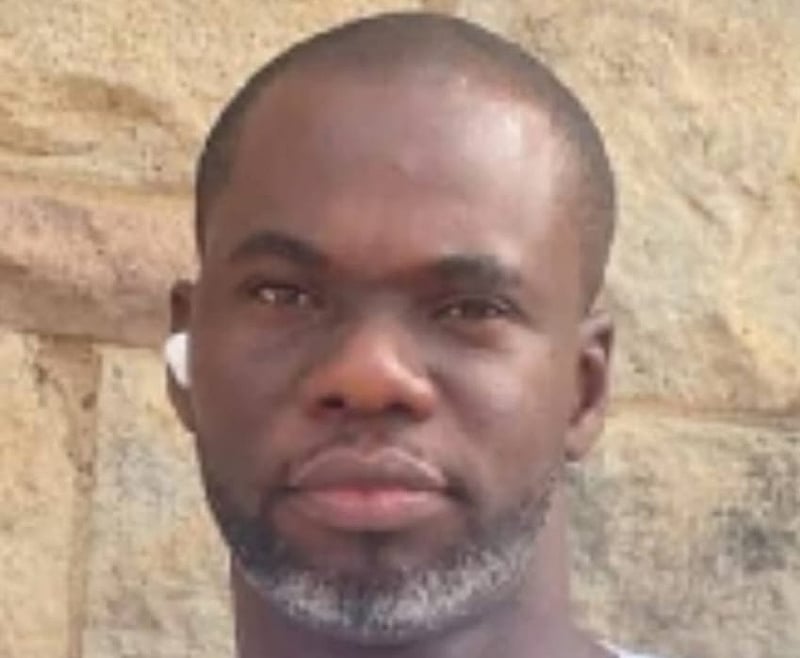The La Dade Kotopon Municipal Assembly (LADMA) in Accra witnessed a dramatic rejection of President John Dramani Mahama’s nominee for Municipal Chief Executive (MCE), Alfredos Nii Anyetei, sparking calls for the nomination of Aaron Akrong, a long-serving party stalwart and the Assembly’s Chief Whip. The rejection unfolded in the presence of prominent figures including the area’s Member of Parliament and Deputy Minister of Local Government, Hon. Rita Naa Odoley Sowah, and the Greater Accra Regional Minister, Hon. Linda Ocloo. Securing only 5 out of 14 votes, Mr. Anyetei failed to achieve the two-thirds majority necessary for confirmation. The resounding “no” from 9 Assembly Members effectively disqualified him from further consideration for the position, leaving the President with a significant political dilemma.
The abysmal showing of support for Mr. Anyetei, believed to have come solely from the five government appointees, exposed deep-seated resistance within the party to his candidacy. The announcement of the results triggered jubilation among party loyalists and community members, who celebrated the outcome as a victory for grassroots democracy. This rejection signaled a powerful message: the community would not passively accept a candidate they deemed unsuitable, and they were prepared to exercise their democratic rights to ensure their voices were heard. The festive atmosphere underscored the importance of local representation and the community’s desire for a leader who understood their needs and aspirations.
The widespread rejection of Mr. Anyetei stemmed from accusations that influential party figures were attempting to impose a candidate perceived as disconnected from the constituency. Criticism targeted Hon. Odoley Sowah, the MP, for alleged arrogance, and former MP Hon. Amasa Namoale, believed to be backing Mr. Anyetei, for allegedly undermining the popular choice, Aaron Akrong. These accusations highlighted underlying tensions and power dynamics within the party, suggesting a disconnect between the party leadership’s choices and the preferences of the grassroots. The rejection served as a stark reminder of the importance of engaging with and respecting the will of the community.
Adding fuel to the fire were unconfirmed allegations of financial inducements offered to Assembly Members to secure their votes for Mr. Anyetei. Rumors circulated that members were promised GH¢50,000 each but received only GH¢13,000, allegedly fueling the backlash against the nominee. While unconfirmed, these allegations further eroded trust in the nomination process and contributed to the perception that the selection was driven by political maneuvering rather than merit and the community’s best interests. The rumored discrepancy in the promised and delivered sums highlighted the potential for corruption and further tarnished the image of the nomination process.
In the aftermath of the rejection, momentum surged for the nomination of Aaron Akrong, affectionately known as “Ice Tee.” Highly regarded as a unifying figure and a dedicated worker within the party, Mr. Akrong boasted nearly two decades of service to the Assembly, including over 12 years as Chief Whip. Supporters lauded his commitment to the constituency and his proven track record, emphasizing his deep understanding of local issues and his ability to bridge divides. The groundswell of support for Mr. Akrong presented a compelling alternative to the rejected nominee and placed pressure on the President to reconsider his choice. The community’s clear preference for a seasoned and respected local leader underscored the importance of experience, dedication, and community engagement.
The rejection of Mr. Anyetei placed President Mahama in a difficult position, forcing him to choose between re-nominating a candidate clearly lacking the support of the Assembly and heeding the overwhelming call for Aaron Akrong’s appointment. Regional Minister Linda Ocloo expressed disappointment at the Assembly Members’ jubilation over the rejection, highlighting the potential for delays in development projects. However, the community’s resounding message was clear: they demanded a leader who represented their interests and possessed the trust and confidence of the Assembly. The President’s decision would have significant implications for the future of the La Dade Kotopon Municipal Assembly and would send a clear message about his responsiveness to the will of the people. The situation underscored the delicate balance between political considerations and the imperative of effective local governance.














